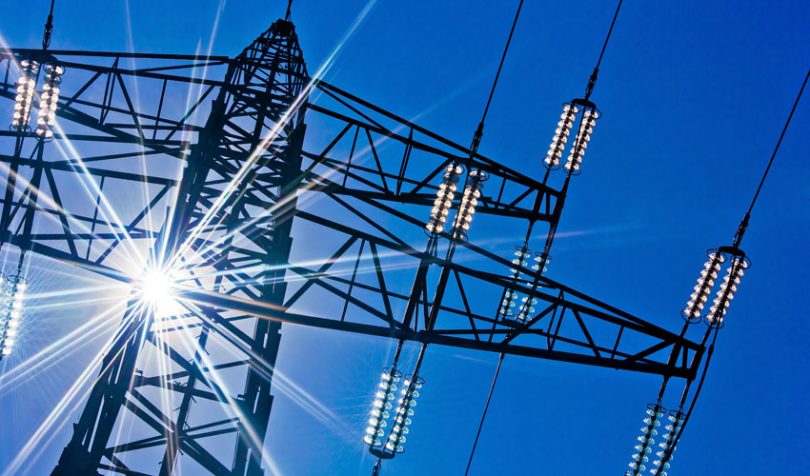The World Energy Council (WEC) in conjunction with PwC conducted 39 in-depth interviews about blockchain and energy. The Council is the UN-accredited global energy body, representing the entire energy spectrum. 85% of respondents agreed that blockchain has not yet attained a commercially tangible impact.
In 2017 they estimate that $100-$300m was invested in over 100 energy-related blockchain applications. And GreenTech media suggests that 122 blockchain startups in the energy sector raised over $324 million in the past year.
The focus of the report leaned towards consumer-oriented power projects.
The report differentiated between blockchain and distributed ledger technology (DLT) and focused on the former. Faraday Grid which integrates with existing electricity infrastructure does not use blockchain, but it uses DLT.
PwC assessed blockchain maturity in five stages: embryonic, not mature, early adoption, mature, and full commercial implementation. 45% of respondents chose ‘not mature’, followed by 28% for early adoption and 22% at embryonic.
Interviewees unanimously agreed that “much is yet to be done to ascertain the effectiveness of the technology and its full economic/technology viability.
However, respondents were optimistic that technological feasibility and scalability issues will be resolved.
Peer-to-peer (p2p) projects dominated the type of blockchain trial at 45%. Emission trading systems were a distant second. Others included project financing, flexible trading platforms, e-mobility, traceability, and bitcoin mining.
Despite the popularity of p2p projects, consumer participation on a large scale may be a challenge. The reports cited UK statistics showing 60% of customers remain on default electricity tariffs which costs them an extra £300 annually.
Jon Creyts from RMI commented: “Technologies dependent on customer engagement has always suffered historically to get customers involved and engaged and blockchain is no different.”
A majority agreed that some regulation was warranted to provide a balance between innovation and consumer protection. But others were concerned about the perception of a barrier to new business models.
One of the participants was the German energy agency dena which is running a significant blockchain study group that includes Siemens and GE Power.
The interviews incorporated a broad cross-section of interests though it didn’t claim to be comprehensive. For example, it didn’t include much from Asia where Electrify is signing deals. Plus Deutsche Bahn didn’t participate. It runs one of the few live electricity blockchain projects where it sells excess electricity to major corporates.






